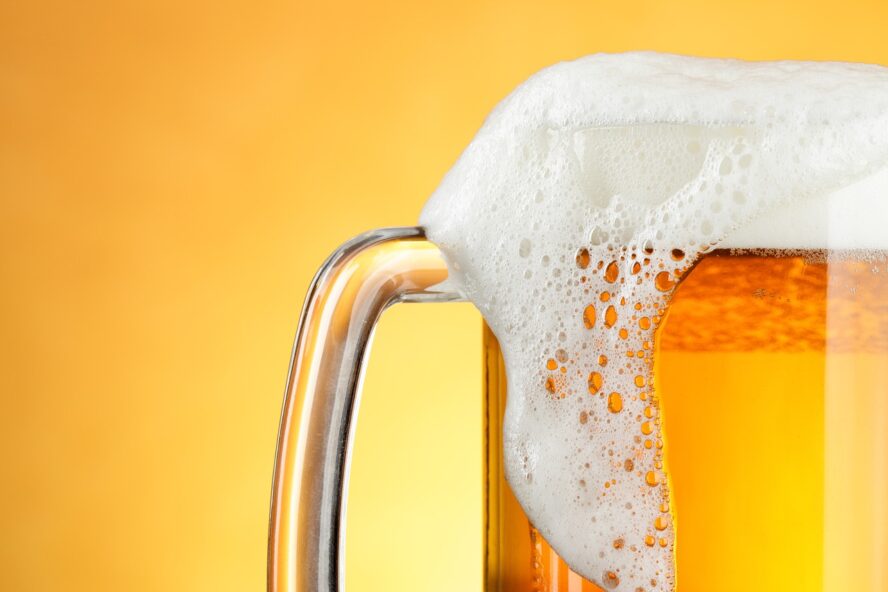With an increase in consumer interest in no-low alcohol beverages, there has been a boon in product availability, with the quality of these new no-low beers improving significantly thanks to commercially available & novel no-low alcohol producing yeast strains. Some of the more well-known species are Saccharomyces cerevisiae var. chevalieri or Zygosaccharomyces lentus, with many others showing promise in producing complexity and desired traits to mimic specific beer styles. Interestingly, other fermented products such as sourdough have promise to be a source of over 50 different yeasts that show potential for no-low alcohol beer production. These specific yeast strains cannot ferment maltose, the primary sugar in wort, which leaves some leftover sugar in the final product despite grain bill adjustments. This means that there are food safety concerns in non-alcohol beer production using these methods, although this can be mitigated by pH adjustments and pasteurization/sterilization.
Alcohol plays a major part in the mouthfeel and overall complexity of beer, as esters, which contribute to the flavor and aroma profile, are produced by alcohol’s reaction with the organic acids that are in the wort. Different esters contribute different fruity flavors to beer and can be manipulated by adjustments to the grain bill and yeast used. Further research is needed to improve the flavor and overall quality of these beers, but the research into and commercial release of these yeast strains mean that the no-low alcohol beer industry is seeing major growth and is here to stay.
What are your thoughts on these products? Do you purchase no-low alcohol beer?

